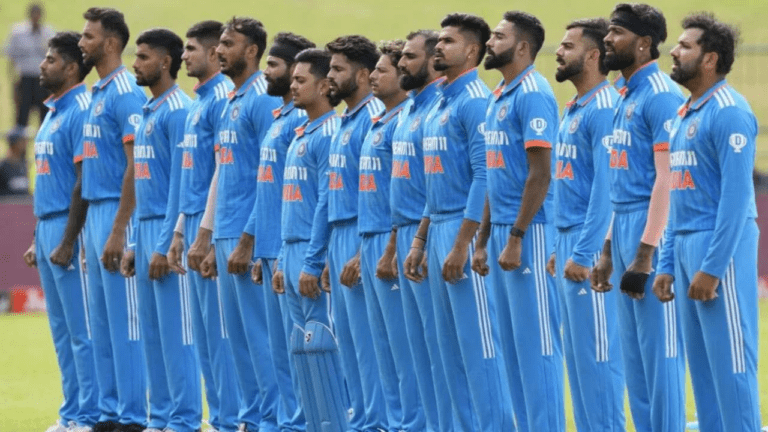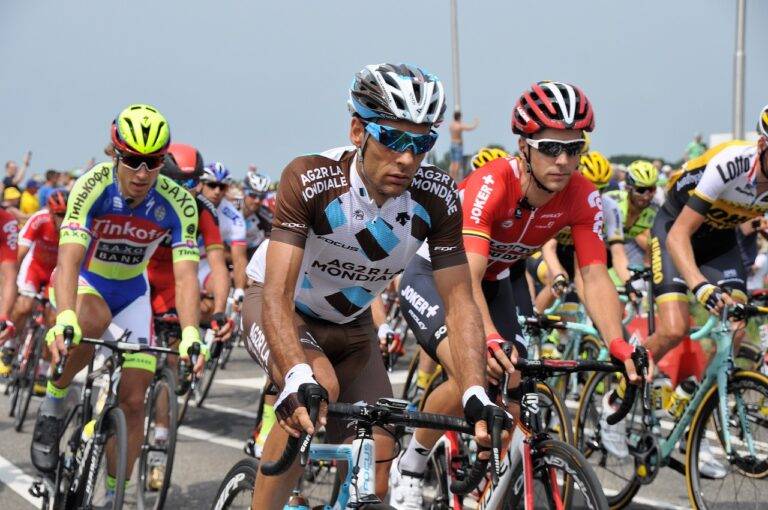The Challenges of Building an IPL Team from Scratch
Lotus365, Gold365: Building a successful IPL team involves a strategic approach that takes into account various key factors. One important consideration is the balance between experience and youth in your squad. Experienced players bring a wealth of knowledge and skills to the team, while young talents inject energy and fresh perspectives. Finding the right mix can lead to a well-rounded and dynamic team capable of adapting to different match situations.
Another crucial factor to consider is the team’s tactical approach and style of play. Identifying the strengths and weaknesses of potential players and aligning them with a cohesive game plan is essential for success in the IPL. Whether your team focuses on aggressive batting, disciplined bowling, or strategic field placements, having a clear vision of how you want your team to perform on the field can guide your recruitment decisions and overall team-building strategy.
Scouting and Recruiting the Right Players
Identifying and recruiting the right players is crucial for the success of an IPL team. When scouting potential players, it is essential to look beyond statistics and consider various factors such as skillset, temperament, and potential for growth. It is important to conduct thorough background checks and assessments to ensure that the players align with the team’s goals and objectives.
In addition to individual talent, team chemistry plays a vital role in the success of an IPL team. When recruiting players, it is important to consider how they will fit into the existing team dynamics and culture. Building a cohesive team where players support and complement each other’s strengths and weaknesses is essential for achieving success in the IPL.
Creating a Strong Team Culture
One of the most critical aspects of building a successful IPL team is fostering a strong team culture. A cohesive and positive team culture can greatly enhance team performance and overall success. It is imperative for team managers and coaches to prioritize creating an environment where all team members feel valued, supported, and motivated.
A strong team culture is built on communication, trust, and mutual respect among team members. Encouraging open communication channels, promoting a sense of trust within the team, and respecting each individual’s contribution can help cultivate a positive team culture. When team members feel heard, trusted, and respected, they are more likely to work collaboratively towards common goals and perform at their best on the field.







